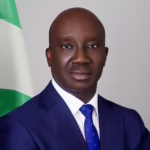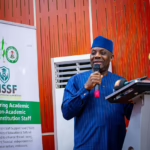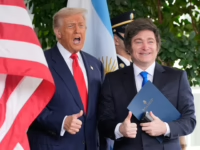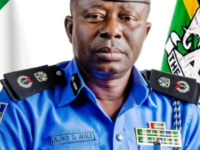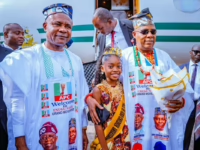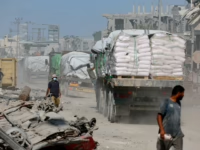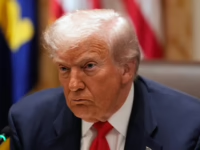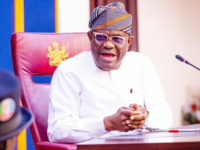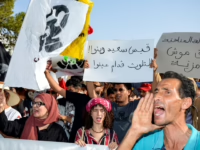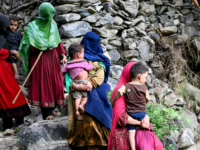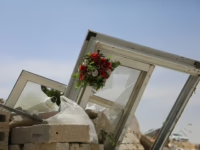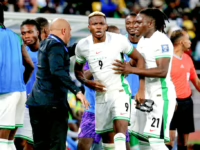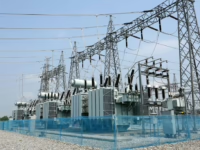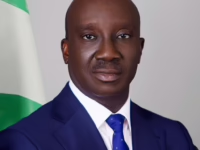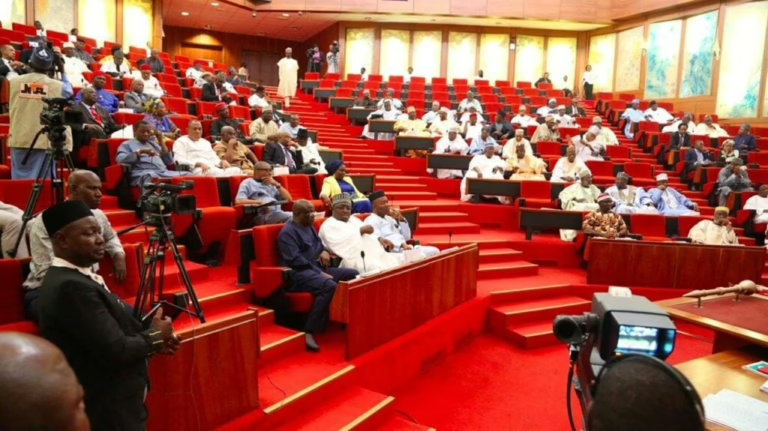The Nigerian Senate has established a 12-member special committee tasked with advising the legislature on how to address escalating international apprehensions regarding alleged U.S.-supported accusations of Christian persecution within Nigeria.
This initiative emerged following a confidential meeting held on Tuesday, during which senators examined recent assertions by the United States Government that suggested potential genocidal acts targeting Christian communities in certain Nigerian regions.
Senate President Godswill Akpabio announced the committee’s creation, emphasizing that the group will prepare a detailed position paper to be submitted to both the Executive branch and the Senate. He underscored the necessity for the document to be grounded in “verifiable data and factual evidence.”
“There are widespread misunderstandings that must be addressed,” Akpabio remarked. “We are confronting a multifaceted terrorist threat, and it is crucial for our American counterparts to recognize that the violence impacts both Christians and Muslims alike.”
The committee’s membership includes Senators Victor Umeh, Yemi Adaramodu, Aniekan Bassey, Niyi Adegbonmire, Abdul Ningi, Titus Zam, Tony Nwoye, Tahir Munguno, and Asuquo Ekpenyong, among others.
This Senate action comes amid growing diplomatic attention and concerns about how such allegations might affect Nigeria’s international standing and interreligious harmony.
Previously, the upper chamber resolved to engage directly with the United States Congress to challenge what it described as “distorted narratives” that misrepresent Nigeria’s security challenges as a targeted genocide against Christians.
The resolution was prompted by a motion introduced by Senator Ali Ndume, which ignited extensive discussions among lawmakers regarding the global interpretation of Nigeria’s internal security dynamics.
During the debate, Akpabio suggested sending a select group of legislators to the U.S. to engage in direct dialogue with American lawmakers, aiming to clarify Nigeria’s perspective. He advocated for confidential diplomacy, recommending that these discussions be conducted privately to facilitate open and honest exchanges.
Senator Jimoh Ibrahim emphasized the importance of adopting an informed and strategic approach to national security. “Our counterterrorism initiatives must be driven by evidence-based policies,” he stated.
There was consensus among lawmakers that while international concern over Nigeria’s security situation may be genuine, much of it is fueled by misinformation that distorts the country’s actual circumstances.
The special committee is expected to deliver its findings within a designated period, which will help shape Nigeria’s legislative response and inform its participation in ongoing global dialogues.


